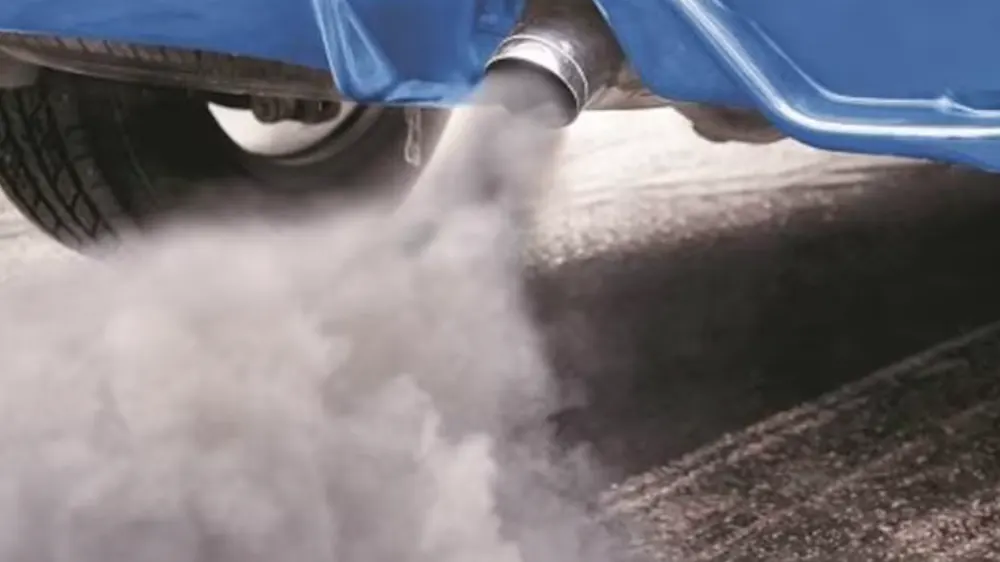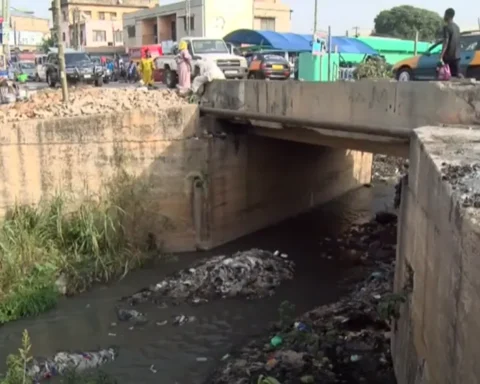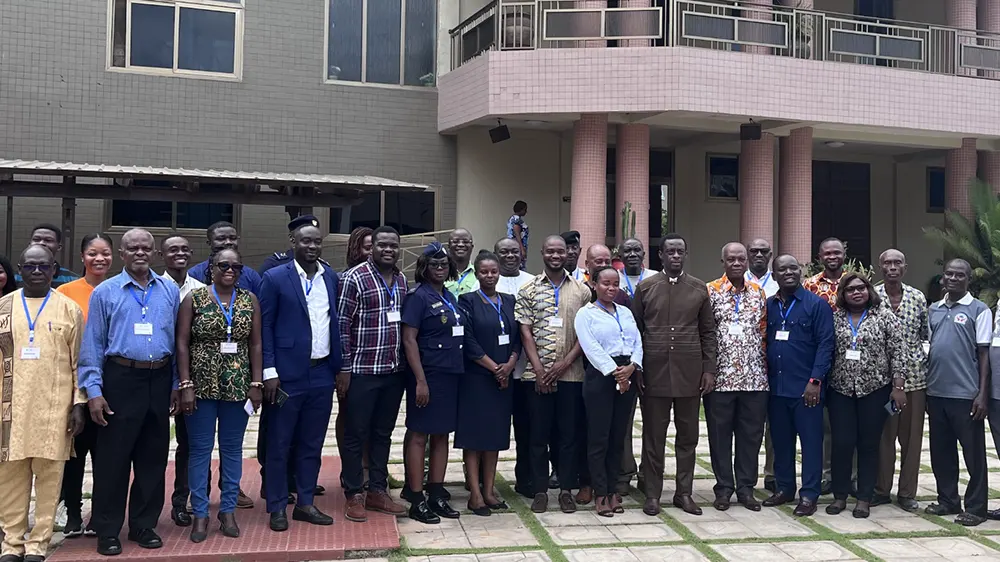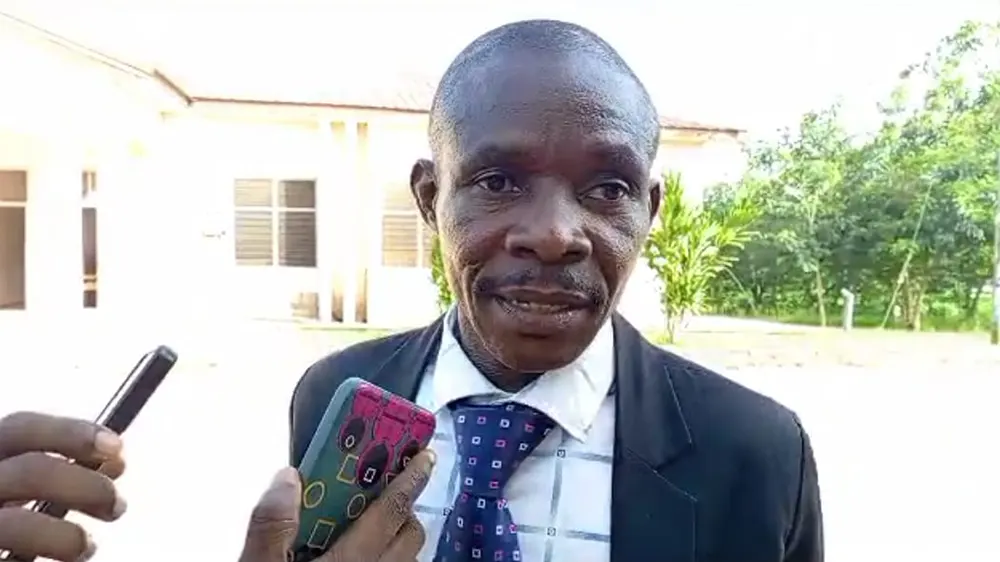Mr. Emmanuel Appoh, Managing Consultant of Envirofit, an Environmental Consultancy Firm, has highlighted the detrimental impact of poor driving patterns on air quality, emphasizing the production of particulate matter that pollutes the air.
Speaking on the sidelines of a stakeholder workshop in Takoradi aimed at identifying challenges to enforcing urban road regulations, Mr. Appoh emphasized that tiny particles generated from vehicle wear and tear pose significant health risks when inhaled, being linked to various diseases including hypertension, asthma, lung cancer, and cardiovascular morbidity.
Mr. Appoh explained that wear and tear from poor driving habits contribute to nearly 2,000 times more particle pollution. The workshop, organized by the Department of Biology, Environment, and Occupational Health of the University of Ghana and its partners, aims to address such issues and will be replicated in three other regions.
Key participants in the workshop included regulatory bodies and stakeholders such as the Driver and Vehicle Licensing Authority, Ghana Consolidated Road Transport, GPRTU, Vehicle Dealers Associations or Garages, and law enforcement agencies.
Highlighting specific driving behaviours that contribute to pollution, Mr. Appoh mentioned speeding, idling engines, irregular vehicle servicing, overloading, and the use of non-standardized brake shoes/pads and expired tyres. He noted that tyre particles, containing toxic organic compounds, contribute significantly to air, soil, and water pollution.
Despite existing regulations against poor driving behaviours, enforcement remains lax due to political, economic, and funding constraints, Mr. Appoh lamented. He pointed out that while the vehicular population has surged to about three million, the road network remains insufficiently expanded and maintained, leading to congestion and increased emissions in urban areas.
Mr. Appoh stressed the urgent need to develop Motor Vehicle Emission Regulations to operationalize Motor Vehicle Emission Standards. These regulations would establish testing centres to ensure vehicles comply with prescribed emission limits, thereby mitigating pollution.
In conclusion, Mr. Appoh emphasized the imperative of addressing poor driving habits to combat air pollution effectively. He underscored the importance of regulatory measures and infrastructure improvements to safeguard public health and environmental sustainability amidst the challenges posed by vehicular emissions.






